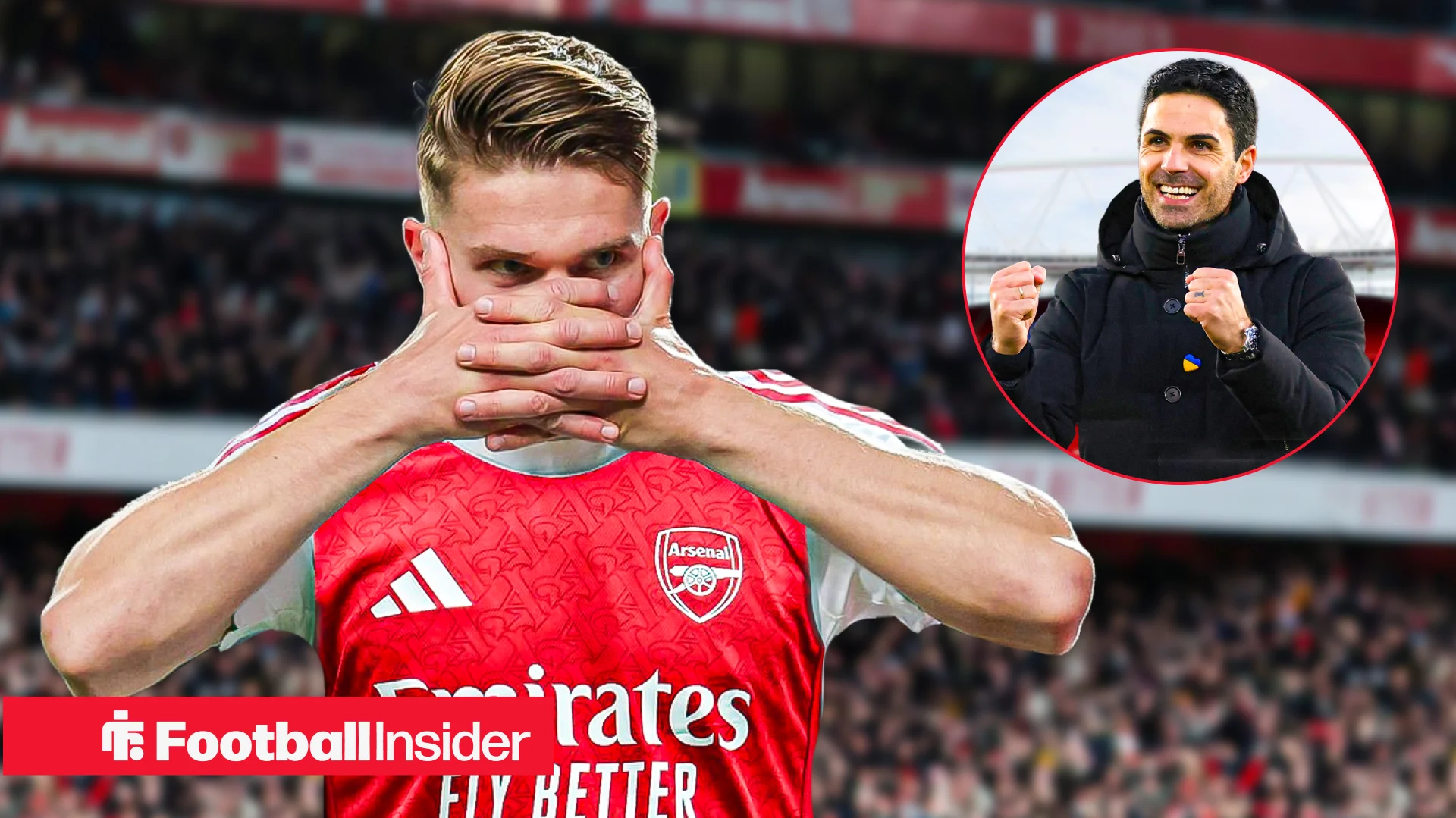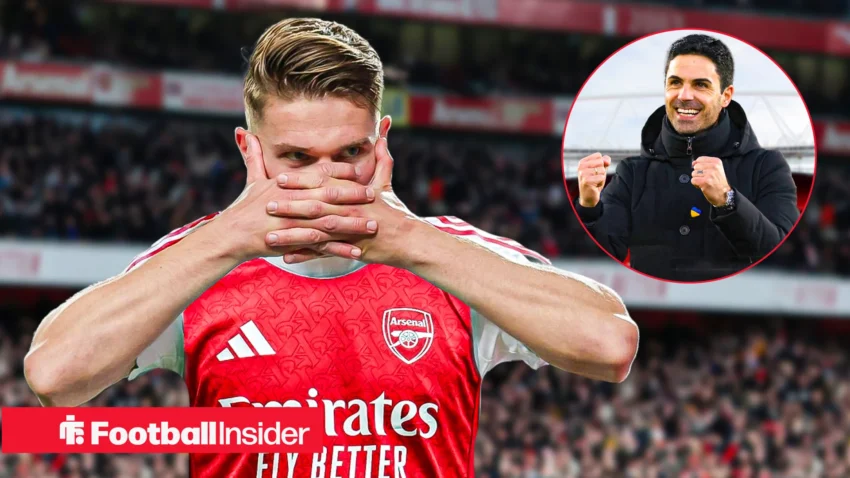Viktor Gyökeres Transfer Saga: Transfer Nears Completion Amid False Ownership Rumors and Player Power Debate

Viktor Gyökeres is on the verge of completing a major transfer to Arsenal after a prolonged and often dramatic negotiation process with Sporting CP. The Swedish striker is scheduled to undergo his medical in London tomorrow, with a five-year deal already agreed upon. Arsenal will pay €63.5 million up front, with an additional €10 million in performance-based bonuses. The deal, once completed, will make Gyökeres one of the Premier League’s most expensive signings of the summer and marks a significant investment by Mikel Arteta’s side as they aim to bolster their attacking options.
However, the transfer has not come without controversy. Gyökeres recently skipped Sporting’s preseason training sessions in an apparent effort to force through the move, a tactic that has drawn criticism but also reflects a growing trend in elite football: the rise of so-called “player power.” By effectively going on strike, Gyökeres placed Sporting in a difficult position—either sell their star forward or face continued disruption ahead of the new season. Despite initial resistance from the Portuguese club’s president, Frederico Varandas, a compromise was ultimately reached that satisfied both parties.
Amid the legitimate developments, a sensational claim began circulating online suggesting that Gyökeres might be negotiating not just for a contract but also for an ownership stake in Arsenal or the club he was leaving. This rumor spread rapidly across social media, sparking widespread debate and concern about the evolving power dynamics in football. However, there is no evidence from any credible news outlet to support this claim. All reliable reporting confirms that the deal is a conventional transfer involving only a fee and salary, with no equity or ownership involved.
The false ownership narrative, while unsubstantiated, does tap into a broader conversation within football: are players gaining too much power? In recent years, top-level footballers have increasingly taken control of their own destinies, leveraging their on-field value and media reach to influence contract negotiations, transfers, and even club policy. From Lionel Messi’s contractual demands at Barcelona to Kylian Mbappé’s influence over PSG’s sporting direction, Gyökeres’s case fits into a larger pattern.
Yet, Sporting’s ability to hold out for their valuation and ultimately get close to Gyökeres’s €100 million release clause shows that clubs are not entirely at the mercy of players. The negotiations were tough and protracted, and Sporting made it clear that they would not be strong-armed, disciplining the player and maintaining leverage until a satisfactory offer arrived.
In conclusion, Viktor Gyökeres is set to join Arsenal in a major summer transfer that highlights both the influence and limits of player power. Despite baseless rumors about ownership, this is a straightforward move centered on sporting ambition and financial compromise. If Gyökeres delivers in the Premier League, the noise around his exit from Sporting will quickly fade. But the questions about the growing influence of top players—and where to draw the line—will continue to resonate across the football world.
